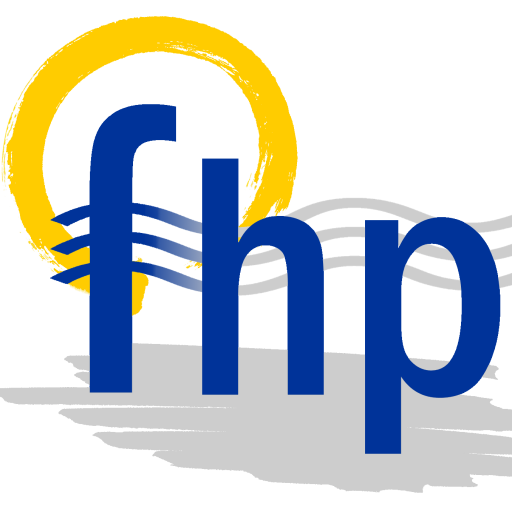Around 15 people participated in the workshop on Demand flexible heat pumps, organized by the FHP consortium with a guest presentation by the FED-project in Gothenburg, Sweden, on the 9th of October, 2019.
The possibility of steering coalitions of heat pumps enables creation of demand flexibility. A big advantage by connecting heat pumps, it is possible to create large energy storage where electricity can be stored as heat utilizing the inertial properties of buildings. Different controlling techniques could be adapted as a strategy, with different possibilities and limitations. Tests and evaluations from both laboratory as well as from the pilot site in Karlshamn were presented.
The event was moderated by Marcus Steen (Karlshamn Energi AB) and presentations were given by Markus Lindahl (RISE), Marcus Steen (Karlshamn Energi AB) and Jens Brage (NODA) all representatives in the FHP project. Hjalmar Pihl (RISE) was invited as a guest presenting the Fossil free Energy Districts (FED) project.
Attendants from the energy sector, heat pump installers, engineering companies, researchers and students expressed real interest in the presented subject matters. They were very active during all the sessions, participating in the technical discussions and making interesting questions regarding both modeling as well as what the future could bring in heat pump design.
The workshop was conducted in the Swedish language as all presenters and attendants were native Swedish speakers.
Presentations:
- FHP project introduction and overview of the Swedish partners. Marcus Steen (KEAB)
- External control of Heat Pumps. Markus Lindahl & Tommy Walfridsson (RISE)
- Pilot site Karlshamn – background and installations. Marcus Steen (KEAB) & Jens Brage (NODA)
- FED-market, an interplay between different energy holders. Hjalmar Pihl (RISE)
- Demand flexibility from a Swedish perspective – discussions Summary


